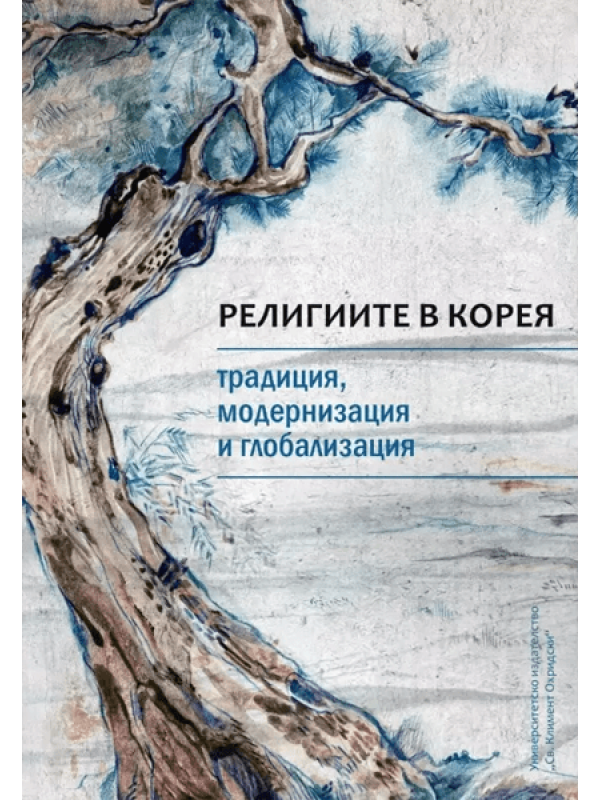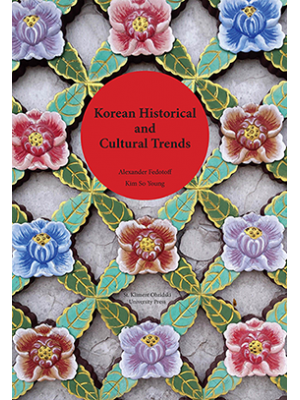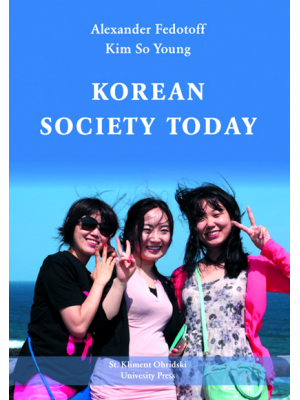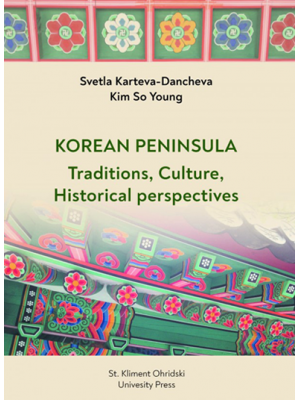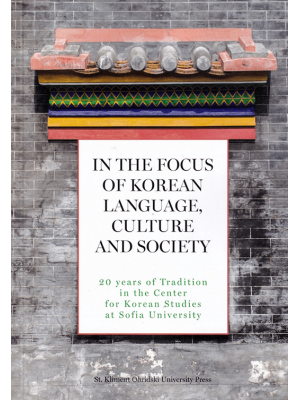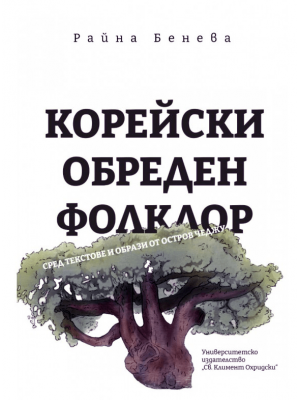Your shopping cart is empty!
Religions in Korea: Tradition, Modernization and Globalization
25.00лв
Qty:
Religions in Korea: Tradition, Modernization and Globalization. Collected papers
Религиите в Корея — традиция, модернизация и глобализация
Category: Korean studies
Language: Bulgarian
Религиите в Корея — традиция, модернизация и глобализация
Category: Korean studies
Language: Bulgarian
Korea is located at the crossroads between China, Japan and Siberia. Throughout its historical development, Korea has experienced considerable influence from neighboring peoples and cultures, managing to maintain its own identity. This fully applies to the religions practiced on the territory of the Korean Peninsula. Buddhism, Taoism, and Confucianism, which penetrated from outside, did not erase local beliefs and cults, did not replace autochthonous shamanism, but filled those essential conceptual voids that existed in the ideological (religious) space of Korea.
Ancient Koreans traditionally practiced such archaic religious beliefs as totemism, animism, fetishism, demonism, shamanism. A significant place in their everyday life is occupied by the cult of ancestors. To one degree or another, these beliefs remained relevant until the end of the 19th century, and some of their elements, for example, the cult of ancestors, continue to have an important meaning even today.
Table of contetn
Азиатският кръстопът
Корейски народни вярвания и поверия
Корейският Мусок — божества, шамани и ритуали
Будизмът в Корея
Конфуцианството в Корея
Християнството на Корейския полуостров
Нови религиозни движения на Корейския полуостров
Религиозната ситуация в КНДР
Библиография
| Details | |
| Publisher | St. Kliment Ohridski University Press |
| Language | English, Korean |
| Pages | 248 |
| Illustrations | b/w figures |
| Binding | paperback |
| ISBN | 978-954-07-5558-8 |
| Creation date | 2022 |
| Size | 16 х 24 cm |
Write a review
Your Name:Your Review: Note: HTML is not translated!
Rating: Bad Good
Enter the code in the box below:
© “Bibliophilia” Ltd. / © „Библиофилия“ ЕООД








